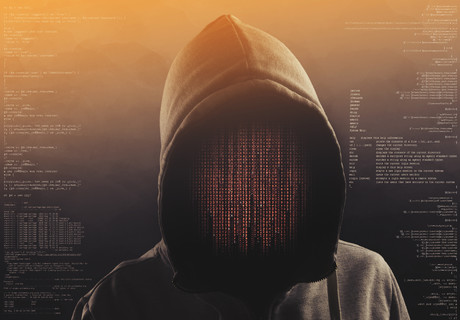Market for ransomware on dark web growing strongly

The creation of ransomware on the dark web is increasing, according to new research.
Carbon Black’s Threat Analysis Unit conducted an analysis that suggests that cybercriminals are seeing opportunities to enter the market using ransomware made available by these illicit economies.
From 2016 to 2017, there has been a 2502% increase in the sale of ransomware on the dark web, largely due to the simple economic principle of supply and demand. In addition, a basic appeal of ransomware is its simplicity. Unlike many other forms of cyber attacks, ransomware can be quickly and brainlessly deployed with a high probability of profit.
The research found that these dark web economies are empowering even novice criminals to launch ransomware attacks via do-it-yourself (DIY) kits and providing successful ransomware authors with annual incomes into six figures.
Key findings include:
- There are currently more than 6300 estimated dark web marketplaces selling ransomware, with over 45,000 product listings.
- The prices for DIY kits range from $0.50 to $3000. The average price is $225.11.
- Comparing figures from 2016 and 2017 YTD, ransomware sales on the dark web have grown from $249,287.05 to $6,237,248.90, a growth rate of 2502%. This economy extorts, according to the FBI, ransom payments that totalled about $1 billion in 2016, up from $24 million in 2015.
- Some sellers of ransomware are making more than $100,000 a year simply retailing ransomware. This compares to $69,000 for a legitimate software developer, according to figures from PayScale.com.
- The most notable innovations contributing to the proliferation and success of the dark web ransomware economy have been the emergence of Bitcoin for ransom payment, and the anonymity network, Tor, to mask illicit activities. Bitcoin allows money to be transferred in a way that makes it nearly impossible for law enforcement to ‘follow the money’. Bank transfers and credit card transactions traditionally aid in the quick takedown of scams. Bitcoin means there is no bank to identify the account holder.
Check Point unveils AI security strategy
Check Point says it has developed a four-pillar strategy aimed at transforming its...
Palo Alto completes CyberArk acquisition
Palo Alto has completed the acquisition of identity security company CyberArk, establishing...
RCE vulnerability discovered in Microsoft Power BI
The Missing Link has announced the disclosure of CVE-2026-21229, a Power BI...




